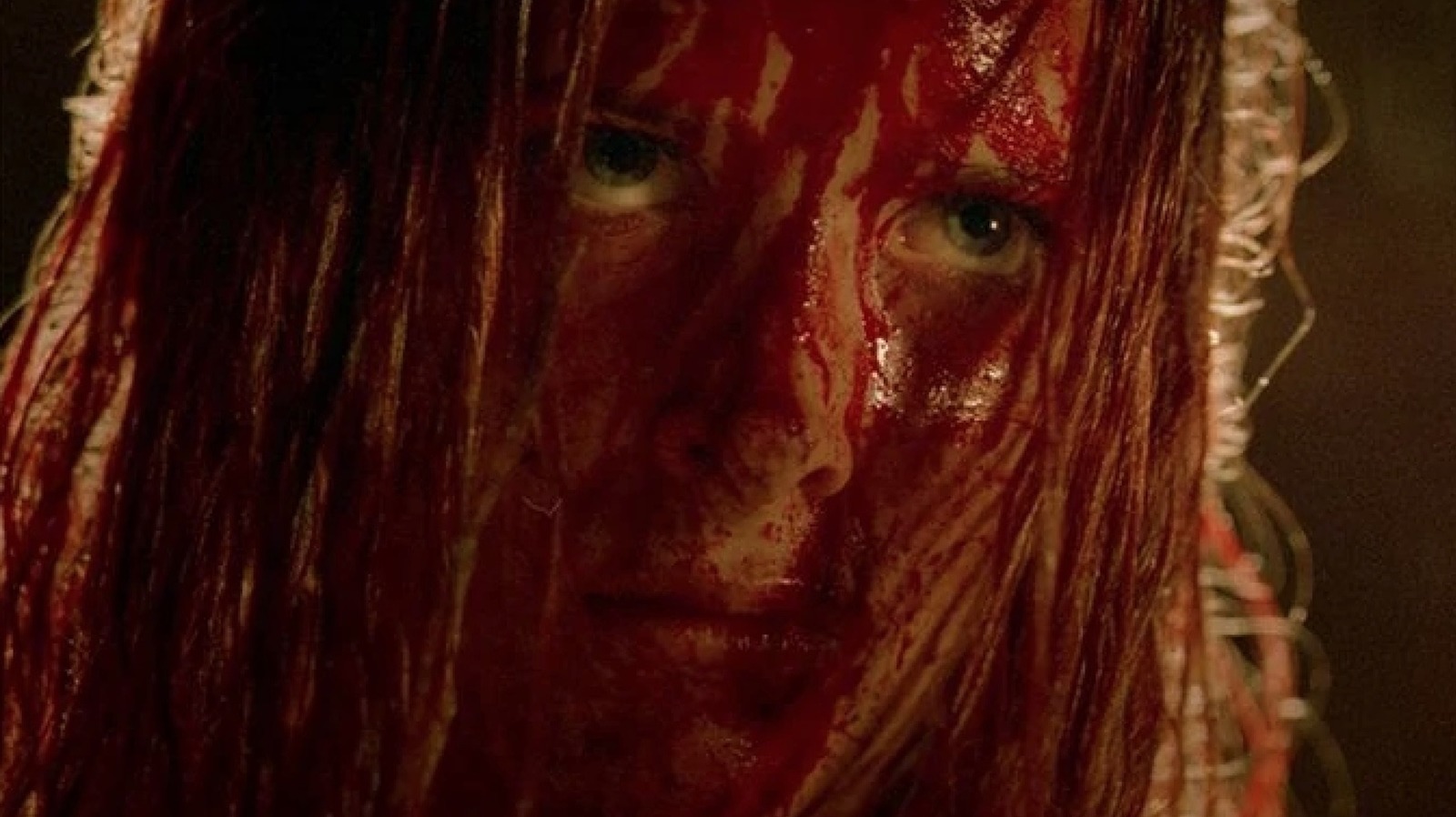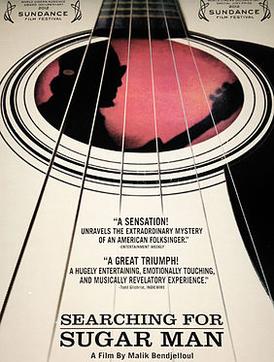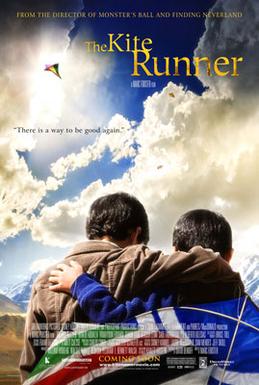The Anderson Tapes -
This very enjoyable heist flick is one of those movies that make you ask, "what took me so long to see this?" First, there's the cast, which besides Sean Connery - in one of his best non-Bond performances, I might add - features Martin Balsam, a young Christopher Walken and even SNL legend Garrett Morris. It also nails all the best parts of movies like this one, especially the "getting the team together" and "scouting the location in disguise" scenes, and it proves that few directors film New York City better than Sidney Lumet. Speaking of, like his best movies, they take long, uncompromising looks at a societal ill, with this one's being the surveillance state. From the voyeuristic camera to the cutaways showing call centers to abandoned buildings with detectives with spy cameras and microphones at the ready, it makes it clear that privacy is...was...never mind, more of a commodity than we realize. Thankfully, Lumet and company manage to do this without diluting the tension and excitement of the big heist. I still found the finale to be a tad disappointing compared to ones in other heist movies I've seen, and I know that this movie is 50 years old, but it's still worth mentioning that the racism and the homophobia surrounding Balsam's character haven't aged well. It's still great fun and another feather in Lumet's cap, not to mention serves as a reminder that for better or worse - and even though the Internet was not a thing in 1971 - we had just as many reasons to be paranoid then as we do today.
This very enjoyable heist flick is one of those movies that make you ask, "what took me so long to see this?" First, there's the cast, which besides Sean Connery - in one of his best non-Bond performances, I might add - features Martin Balsam, a young Christopher Walken and even SNL legend Garrett Morris. It also nails all the best parts of movies like this one, especially the "getting the team together" and "scouting the location in disguise" scenes, and it proves that few directors film New York City better than Sidney Lumet. Speaking of, like his best movies, they take long, uncompromising looks at a societal ill, with this one's being the surveillance state. From the voyeuristic camera to the cutaways showing call centers to abandoned buildings with detectives with spy cameras and microphones at the ready, it makes it clear that privacy is...was...never mind, more of a commodity than we realize. Thankfully, Lumet and company manage to do this without diluting the tension and excitement of the big heist. I still found the finale to be a tad disappointing compared to ones in other heist movies I've seen, and I know that this movie is 50 years old, but it's still worth mentioning that the racism and the homophobia surrounding Balsam's character haven't aged well. It's still great fun and another feather in Lumet's cap, not to mention serves as a reminder that for better or worse - and even though the Internet was not a thing in 1971 - we had just as many reasons to be paranoid then as we do today.





 Check out my podcast:
Check out my podcast: 


